- Learning time
- 20 minutes
- First play time
- 100 minutes
Lords of Waterdeep
Designed by: Peter Lee,Rodney Thompson
A deceptively simple game where players are completing quests in a fantasy city called Waterdeep.
At first the contents of the game might look a little complex, but actually this is one of the more accessible games out there and can be played by children from eight (or even younger), especially if they have reasonable reading skills.
The board shows the city of Waterdeep and is populated by buildings that the players can visit. Each player starts with an individual player board where they keep track of their progress, five agents (the wooden pieces), and two quests to complete. The quests come in the form of cards, and the card shows clearly what is needed to complete the quest – and what the rewards are.
On their turn, players send out one of their agents to a building in the city to get something that contributes toward them completing their quest – this could be adventurers in the form of fighters, wizards, rogues and clerics (or simply different coloured cubes, if the theme is a little nerdy for you) as well as gold. If they have accrued everything they need for a particular quest, they pay it to the general supply and flip the quest over to show it’s now completed, gathering their rewards – usually points, but sometimes adventurers, gold, or something else.
In essence that is the game – although it comes with trimmings that add some flavour. Certain quests (plot quests) give rewards throughout the game. More buildings can be built during the game, and all players receive an extra agent halfway through the nine rounds. There are also Intrigue cards that you can play when sending an agent to Waterdeep Harbour: they either give you an instant reward or screw with someone else – each card has a straightforward explanation on it. Playing an agent to the harbour has an additional benefit too: when everyone’s agents have placed on the board, any agents at the harbour can now move to any unoccupied building in the city – essentially, being played twice – after which the round is over and all agents return to their respective players.
Finally, each player has a secret Lord card that rewards certain types of quests at game end: ignore this at your peril, as that player who appears to be miles behind everyone else can suddenly speed to a win when these are revealed at the end of round nine…
The guru's verdict
-
Take That!
Take That!
The game is not particularly combative although the Intrigue cards can sometimes involve stealing from players. For younger players it might be worth removing the “Mandatory Quest” cards from the Intrigue deck - when you receive one of these you can't complete any of your quests until you've gotten rid of it, so they're a bit of a pain.
-
Fidget Factor!
Fidget Factor!
Lords of Waterdeep is very fast-moving and – with the exception of the last round or two – doesn't usually involve excessive thinking time.
-
Brain Burn!
Brain Burn!
See Fidget Factor above. There's not a whole lot of thinking time needed for the majority of the game. In the final round there may be some juggling of probabilities and possibilities.
-
Again Again!
Again Again!
Lords of Waterdeep includes some random factors including the quests, the buildings and the intrigue cards, so no two games are the same.

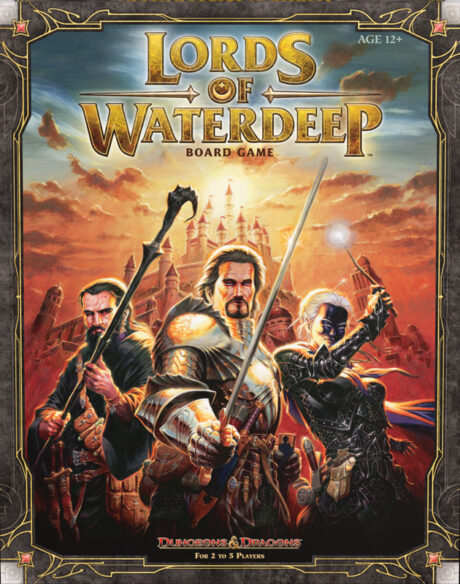
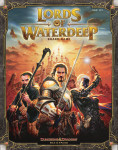
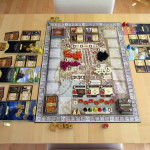
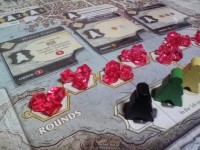
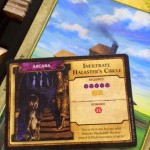
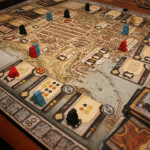
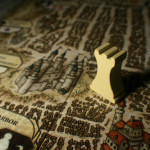
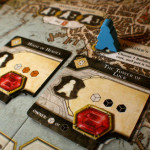
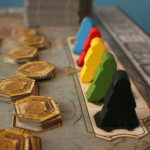
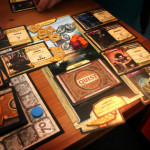


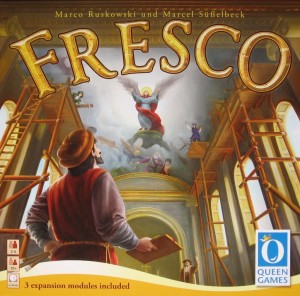
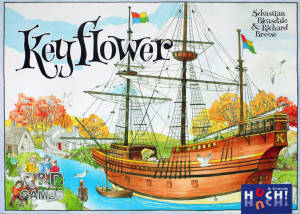
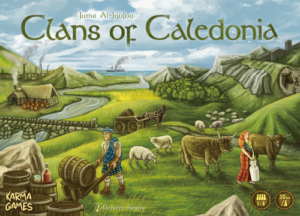

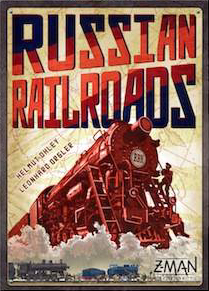
Sam says
At heart the game is simple: send your agents into the city to get you things, when you have enough you can complete a quest and get the rewards - victory points usually, but also often gold or more adventurers toward your future causes. It can be played by dashing out a bunch of easy-to-complete quests or focussing on fewer of the bigger rewards... either way, the hidden Lord cards mean you can never be certain who's won until the final count-up. Lots of fun, this one, and although for me personally my tastes have veered away from it slightly, I did play it about 50 times before that happened.